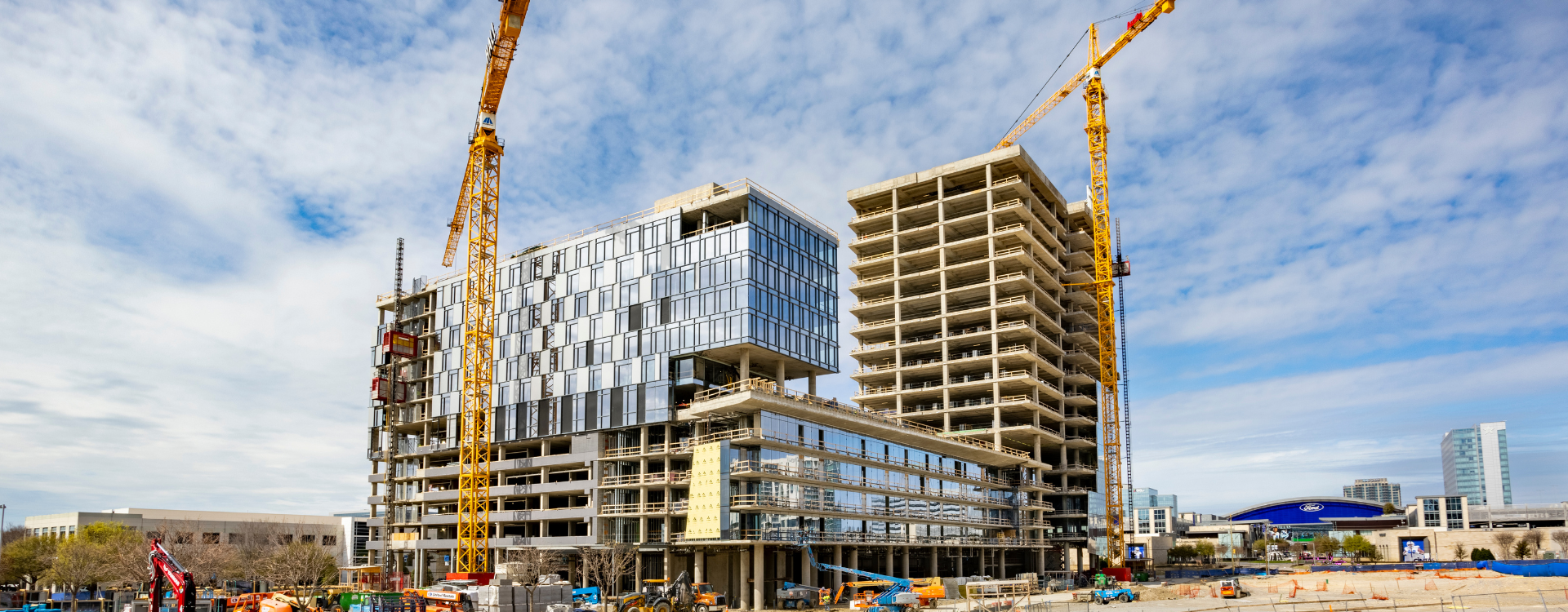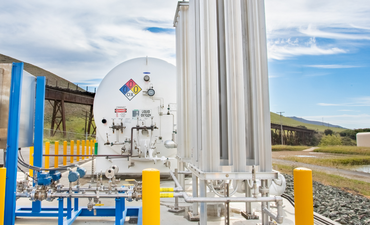
Commissioning Managers Josh Natale and Preston Sartain provide insight into the commissioning process in the architectural, engineering, and construction (AEC) industry.
What is building commissioning?
Building commissioning (Cx) is a crucial phase in the construction process, ensuring that all systems — design, installation, testing, operation, and maintenance — meet the owner's specifications. This meticulous process involves thorough review and verification to guarantee efficient and effective building operations.
The importance of building commissioning
Building commissioning plays a vital role in ensuring not only the seamless and efficient operation of systems, but also the safety of occupants. It involves a comprehensive assessment and testing of mechanical, electrical, and plumbing (MEP) systems to validate their functionality and performance.
From HVAC systems to controls, every component undergoes rigorous testing and validation to meet design specifications and operational requirements. This approach enhances energy efficiency and mitigates potential hazards and operational disruptions post-occupancy.
"When mechanical, electrical, and life safety systems are commissioned properly, we can verify that these systems are installed correctly and will operate as designed," Preston said.
Types of commissioning services
A comprehensive commissioning approach covers every phase of the process, ensuring buildings operate at peak efficiency and comply with industry standards. Types of commissioning services include:
"Commissioning is a planned and organized approach to placing systems into service by qualified personnel participating as a team. During the design phase, various reviews are performed, schedules are planned, and logic is established to match the project," Josh said.
Building commissioning is an essential aspect of the construction process going beyond verifying systems — it ensures that every component of a building functions as intended, aligning with the owner's vision and regulatory standards. Through comprehensive testing, expert oversight, and meticulous documentation, commissioning not only enhances the performance and efficiency of building systems, but also contributes to sustainability and occupant safety.
This article is part of a blog series. Click here to read part two.
Senior Content Marketing Strategist
As Senior Content Marketing Strategist, Lindsay Janssen manages our content lifecycle. From ideation, creation, and editing through distribution, measurement, and maintenance, and creating a content strategy, she develops new and innovative ideas for our digital marketing channels.




